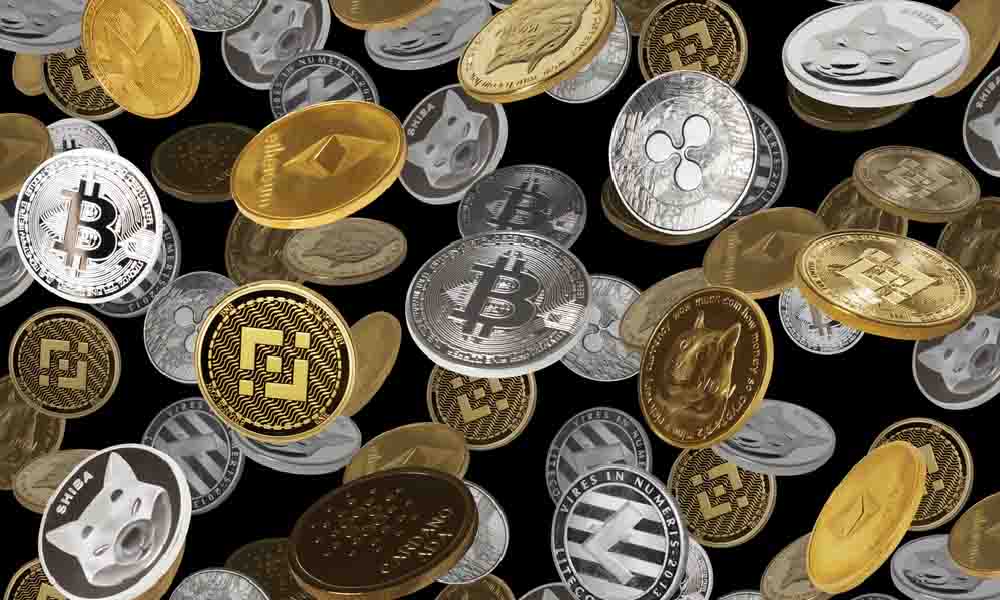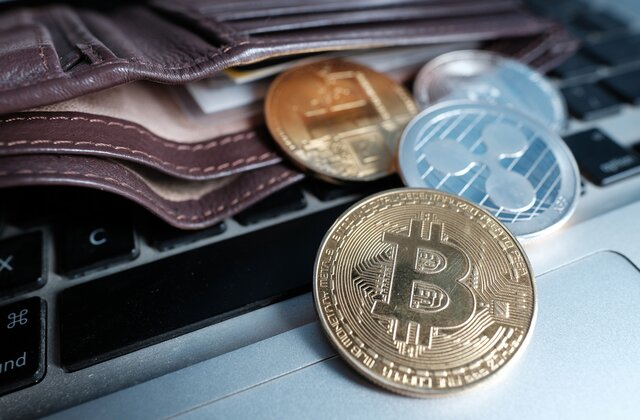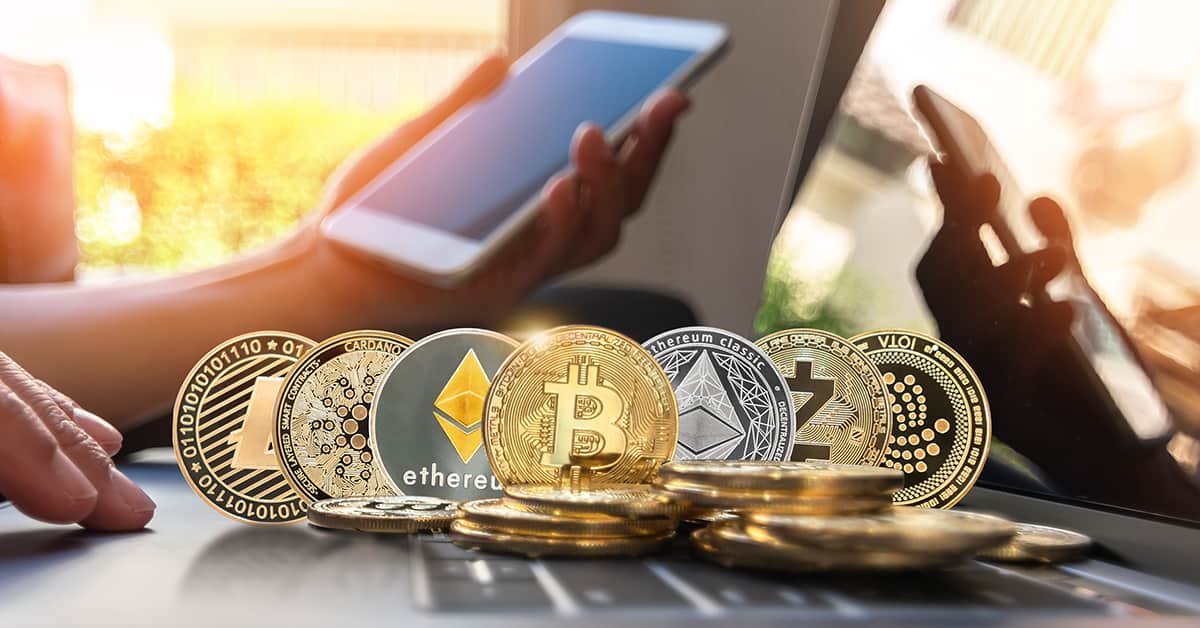In the name of God
Coins
In the fast-evolving landscape of cryptocurrencies, one term that dominates the discourse is “coin.” Coins are the fundamental units of value within the cryptocurrency ecosystem. They represent digital assets that utilize cryptography and blockchain technology to secure transactions and enable decentralized financial systems. This article explores the significance of coins in the cryptocurrency world, their functions, and the diverse types of coins that have emerged.

_ Understanding Coins in Cryptocurrency :
Coins, also known as cryptocurrencies or digital currencies, are digital assets that serve as a medium of exchange within a decentralized network. Unlike traditional fiat currencies issued by governments, coins are not physical entities but exist solely in digital form. They leverage cryptographic techniques to secure transactions, control the creation of new units, and verify the transfer of assets.
The decentralized nature of coins is one of their key features. They operate on decentralized networks called blockchains, where transactions are recorded in a transparent and immutable manner. This eliminates the need for intermediaries like banks or financial institutions, enabling peer-to-peer transactions across borders without the need for a central authority.
_ Functions of Coins :
Coins serve various functions within the cryptocurrency world. Here are some of the primary roles they play:
- Medium of Exchange: Coins function as a digital currency, facilitating transactions between users within the network. They can be used for purchasing goods and services, transferring value, or simply as a store of wealth.
- Store of Value: Coins often serve as an alternative store of value, similar to traditional assets like gold or real estate. Users can hold coins as investments, speculating on their potential appreciation over time.
- Incentivization: Coins are used to incentivize participants within a blockchain network. For example, in the case of Bitcoin, miners are rewarded with new Bitcoin coins for contributing computational power to secure the network.
- Governance: Some coins grant holders the right to participate in the decision-making process of the underlying blockchain network. Holders can vote on proposals or changes to the protocol, influencing the future direction of the cryptocurrency.

_ Types of Coins :
The cryptocurrency space has witnessed the emergence of various types of coins, each serving a specific purpose. Here are some common types of coins:
- Bitcoin (BTC): As the first and most well-known cryptocurrency, Bitcoin paved the way for the entire industry. It operates as a peer-to-peer electronic cash system, allowing users to send and receive digital payments.
- Ethereum (ETH): Ethereum introduced the concept of smart contracts, enabling developers to build decentralized applications (DApps) and launch their own coins or tokens on the Ethereum blockchain.
- Stablecoins: These coins are designed to maintain a stable value by pegging their price to a fiat currency like the U.S. dollar. Stablecoins offer stability in volatile cryptocurrency markets and serve as a bridge between traditional finance and the crypto world.
- Utility Tokens: Tokens like Binance Coin (BNB) or EOS (EOS) are used to access and utilize specific services within their respective blockchain platforms. These tokens grant holders certain privileges or discounts on platform usage.
- Security Tokens: These tokens represent ownership in real-world assets, such as real estate, company shares, or commodities. Security tokens are subject to regulatory frameworks governing traditional securities.

Coins are the backbone of the cryptocurrency world, enabling secure and decentralized transactions. They serve as a medium of exchange, store of value, and catalyst for innovation within blockchain networks. With the rise of various types of coins, the cryptocurrency ecosystem has become a dynamic and diverse space, offering numerous opportunities and challenges for investors, developers, and users alike. As the industry continues to evolve, coins will undoubtedly play a pivotal role in shaping the future of finance and digital economies.
Good luck
saman































